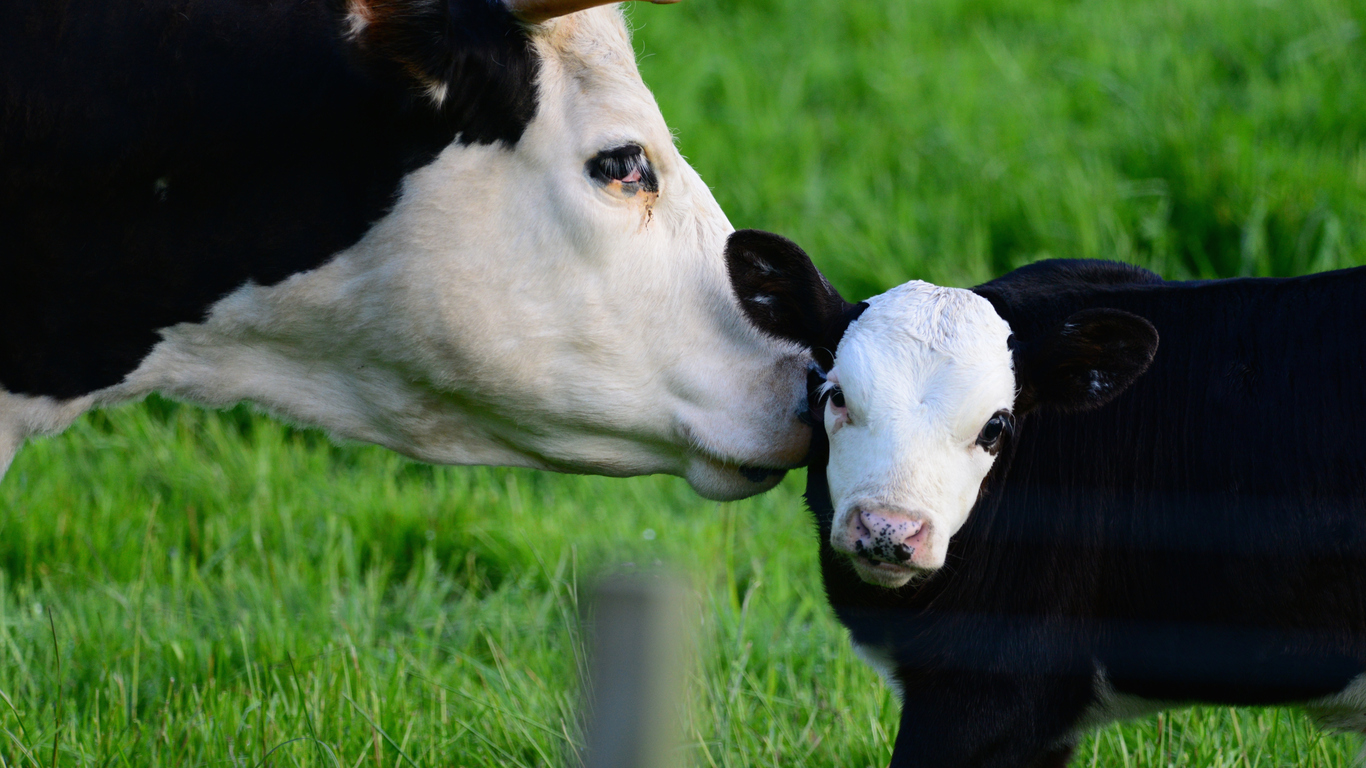The cattle disease Mycoplasma bovis has spread “beyond all expectation” in the last week, with Biosecurity Minister Damien O’Connor indicating that the number of farms affected by the disease “will likely exceed their earlier modelling”.
News of the spread comes off the back of an announcement last week that on average farmers could end up paying $30,000 each to help cover the cost of eradicating the disease – mostly by culling.
The SMC asked experts to comment on the effect of Mycoplasma bovis from an animal welfare perspective. Feel free to use these comments in your reporting.
Associate Professor Richard Laven, Animal Health, School of Veterinary Science, Massey University, comments:
“Mycoplasma bovis is a bacterial infection of cattle which is present in almost all countries. In July 2017, the disease was identified on a farm in South Canterbury. This was the first confirmed M. bovis outbreak in New Zealand.
“This was followed by a large-scale incursion investigation which has established that the disease has probably been present in the country since late 2015, with over 40 farms currently known to be infected, with more farms likely to be identified as infected in the future.
“One of the key reasons for controlling the disease is the impact that the disease has on animal welfare. The main diseases caused by M. bovis are respiratory disease in calves (and occasionally in adult cattle), and mastitis and arthritis in adults.
“Respiratory disease (pneumonia) in calves is extremely common in calves on American and European farms and M. bovis is involved in a high proportion of cases. In New Zealand, pneumonia is rare in calves (recent research suggests that <1% of sick calves have pneumonia), so it is unlikely that M. bovis will cause significant problems in NZ.
“So far, the evidence suggests that M. bovis is not causing pneumonia on most infected farms; some infected farms have had pneumonia cases but these have not yet been proven to be due to M. bovis.
“In contrast, M. bovis has caused large outbreaks of mastitis and arthritis on infected farms. On the first farm diagnosed with M. bovis, more than 300 cows were diagnosed with mastitis and 35+ with arthritis. Both of these conditions are painful (especially the arthritis) and untreatable.
“In conjunction with the disease in the adults, over 100 calves were affected by M. bovis infection before birth and had to be euthanised. So M. bovis can clearly cause significant welfare problems on NZ farms.
“However, most of the farms that have been identified as infected have had no obvious disease; they have been identified using testing of milk, blood or tonsils. On these farms, M. bovis has had no welfare impact.
“Further research is required to better establish the impact of M. bovis on New Zealand farms, and the factors that affect its impact, so MPI have just funded a project at Massey University with a master’s student to investigate this topic.”
Conflict of interest statement: Richard is the Massey University representative on the MPI industry working group on Mycoplasma bovis
